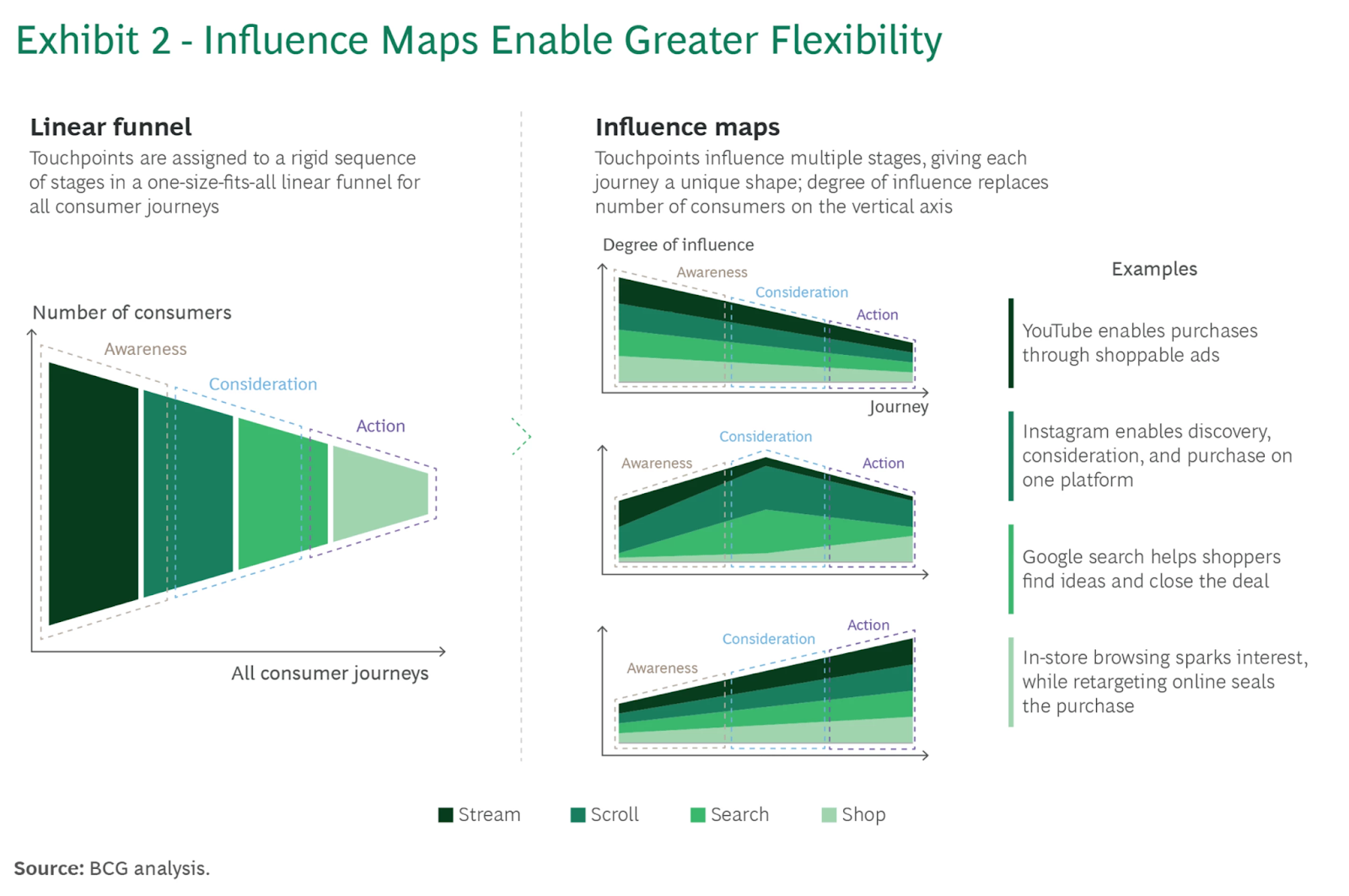By Taylor Fielding, CEO of TFM Digital
At the end of last week AANA’s CEO, Josh Faulks, claimed ChatGPT will overtake Google Search within four years, at the Reset conference in Sydney. While I agree with the sentiment, I believe we’re closer than he thinks.
The seeds of change
In late 2024, Google’s search engine dominance showed its first signs of cracking with its market share dropping below 90% for the first time in a decade. It’s not a blip given it stayed around 89% between October – December. These 1% drops equate to billions of searches.
On desktop this figure globally is even lower at just 79% as of March 2025, with Bing at its highest in decades now with 12% market share. Which suggests it’s more than just the older generation that refuse to change their search habits, now using the platform thanks to results powered by Open AI.
Simply from a competition standpoint, other search engines are making in-roads into Google’s dominance.
Greater expectations
The decline with the online search engine world is one element, but a customer’s journey is, and hasn’t been for a while, linear. It starts with a wider context.
According to BCG, modern customer journeys revolve around four key behaviours: streaming, scrolling, searching and shopping. A reimagined influence map incorporates and allows for human behaviour that can occur at any stage of the journey, not just solely having to track through an awareness/consideration/action funnel.

The rise of Social Commerce, through Insta’s Shop / TikTok Shop / Facebook Marketplace / YouTube Shop tab are all responsible for driving more people to start their search on social first. This explains why Big 4 Consultants have discussed the shortened journey for consumers from discovery to decision making.
Almost one in four now start their online searches on social media. And at a higher level for younger audiences with up to 51% of Gen Z respondents preferring TikTok to Google Search.
Often there’s a higher level of trust for online consumer recommendations, with 61% of Gen Z trusting influencers and brands over friends and family. With one separate study finding that almost two in three 18–24-year-olds use TikTok to find local businesses, it shows that these key moments of when people need information, it’s being sought outside of Google.
TikTok’s video format, featuring relatable people, in real locations provides speed and visual content that younger users now expect and demand.
AI battleground
Gartner now expects AI-powered tools to reduce traditional search use by 25% by the end of next year. One of the main rivals, Perplexity AI has even started in Beta for running ads (in the US first). Overtaking Google’s position of dominance was once seen as ambitious. Yet it no longer feels out of reach.
Platforms like ChatGPT search and Perplexity don’t just return answers. They adjust to follow-up questions and deliver information in context. This is often cross-referenced from multiple sources (remember should never replace human fact-checking).
They’re built to reduce effort, so there’s no need to filter between 10 links or scan pages for relevance. As Gartner’s Alan Antin puts it: “Generative AI will reduce the volume of traditional search engine use.” This is not a prediction, it’s already here.
Google’s PMax preference
We’ve heard reports of Google reps strongly pushing Google’s Demand Gen and Performance Max (PMax) campaigns. These offer advertisers a one-stop solution across Google’s full suite of platforms, from search/display/shopping/
Even when we start a new Google Ads account, you’ll receive the recommendation to opt for PMax campaigns to suit your needs.

This approach from Google, has had its detractors with many citing inefficiencies. As an example, it means that daily budgets for advertisers will always be spent, no matter the audience, given there are always places across Google’s suite of platforms for your ads to go (when compared to budget dedicated to keyword searches).
It’s like Google has stopped developing its search product and created this PMax suite to go all-in on.
What does it all mean?
The industry is moving away from planning using the traditional funnel, this now being reserved for measurement. For agile media planning that’s built for the real-world, we’re planning for behaviours.
Google however hasn’t quite nailed how to evolve its search advertising business to incorporate a compelling offering, to compete against the likes of Perplexity and ChatGPT Search on the AI-front. Its ‘AI-Overview’ is competent but lacks the flair and usefulness of others.
ChatGPT will read results in ‘one language’ how another GPT may use a different one, so marketers will need to maintain conversations with SEO teams to ensure your brand’s backend is appropriately crafted.
Should marketers switch their budgets from Google search tomorrow? Well, not quite. While there is a shift in terms of where eyeballs are focusing online, there is still value for Google’s search rankings. AI platforms are still indexing content based on Google’s rankings (or Bing’s for ChatGPT Search), so from an SEO content perspective, there’s still a very important job to be done.

